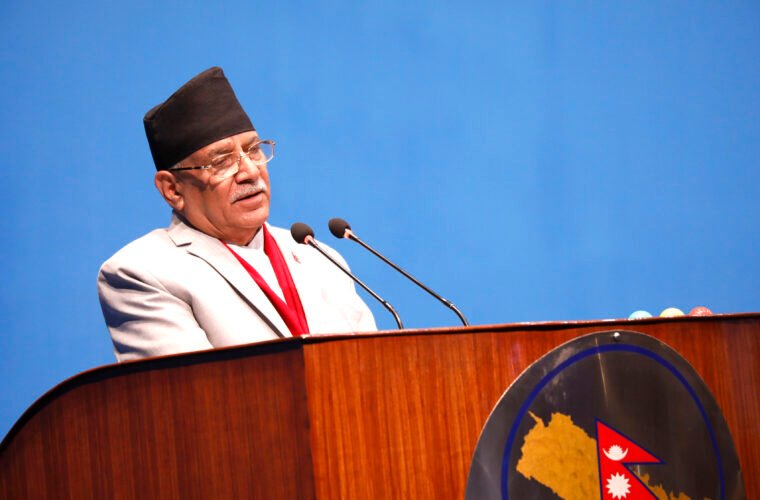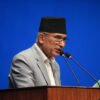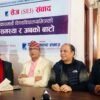Kathmandu, Feb 6: Chair of the major opposition party CPN (Maoist Centre), Pushpa Kamal Dahal ‘Prachanda’, has accused the government of issuing ordinances that serve the interests of specific groups rather than the public.
In his address to the House of Representatives (HoR) today, he criticized the proposed amendments to the Land and National Park and Wildlife Conservation Act. He argued that these amendments would make it more difficult for landless people and Dalits to obtain land registration certificates.
The main opposition party leader stated that the amendments would curtail the rights of landless individuals and those residing unsystematically on land.
He proposed revising the “illogical” systems of land classification and evaluation when providing land to the unsystematic dwellers. He suggested lowering charges for land used by impoverished, rural citizens or for agricultural purposes, while increasing fees for land owned by wealthier people in urban areas and those used for residential purposes.
Dahal expressed concern that the government, through these ordinances, could promote big real estate businesses and land mafias, thus curtailing farmers’ rights to sell their land by dividing into plots. He also claimed that the ordinance failed to address the land issues related to the Swargadwari Guthi.
Furthermore, he voiced dissatisfaction with the government’s decision to amend the Black-marketing and Some Other Social Offences and Punishment Act, 2032 BS (1975), removing the provision that prevents traders from earning more than a 20 percent profit on goods. He called this move unjust.
He also criticized the proposed amendment to the Health Insurance Act, 2074 BS, claiming it undermines the independence of the Insurance Act. Additionally, he objected to the proposed revision of the Yogmaya Ayurvedic University Act, 2079 BS, which he believed contradicted the university’s historic legacy.
The former Prime Minister also questioned why the government had not introduced these ordinances in parliamentary committees for open dialogue when they were under consideration in the parliamentary. He expressed concern over the ‘suspension’ of the previous government’s ‘campaign’ for economic prosperity, good governance, and social justice.
The opposition leader also voiced concern about the treatment of Rabi Lamichhane as the “biggest cooperative fraud,” despite the fact that his direct involvement in withdrawing cooperative funds has not been proven. He questioned the constitutional grounds and the justice behind Lamichhane’s suspension as a lawmaker, when the court had granted him bail.
He urged the government not to amend the Constitution in ways that violate historic and significant agreements among political parties. “If we need to revise the Constitution, let’s switch to a fully proportional electoral system, ensuring 50 percent women’s participation and representation of Dalits based on population and preferential rights. Let’s move toward a directly elected executive system,” he said.
He also called for a fair investigation into the Shera Durbar (Palace) land grab case in Nuwakot, which has been connected to his name. “From this rostrum, I urge the government to begin an investigation, and if my name is involved, let the investigation start with me,” he said.





